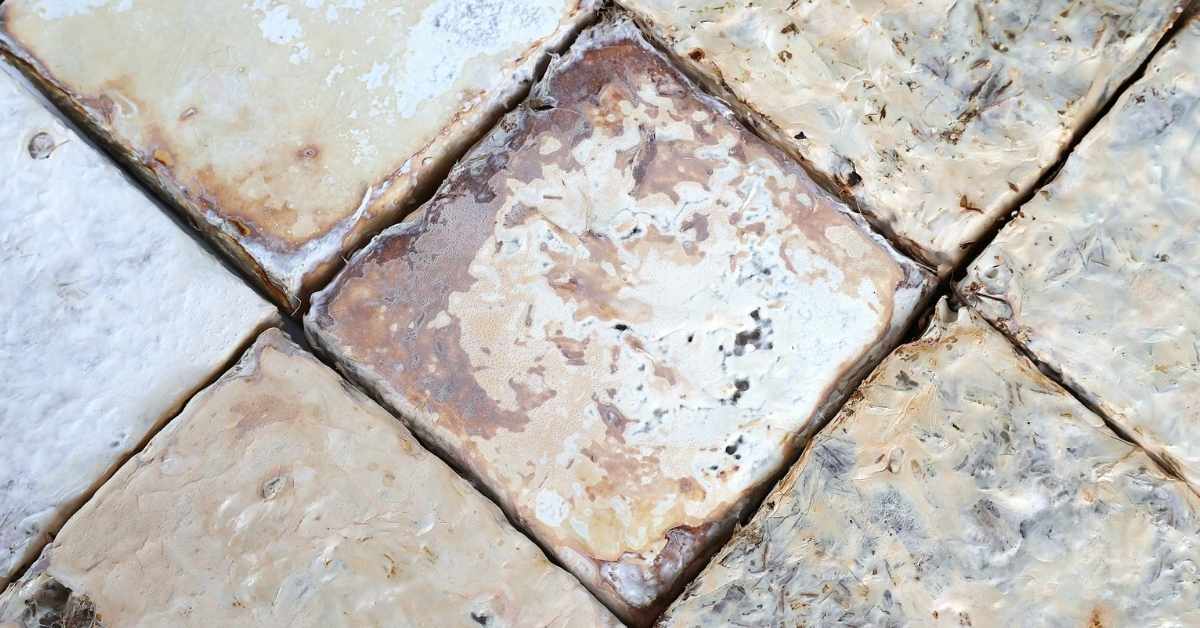Many of us have likely lost track of the amount of times we’ve rinsed out a glass bottle or plastic jug and thought “wait, can I recycle this?”
In the United States, recycling laws are different in every state, and regulations and sorting can even differ among companies and contractors in a given city. This can make it exceedingly difficult to know exactly what and how to recycle.
Most companies have sorters — both human and automated — that can help reduce recycling contamination in waste facilities, but the frustrating fact of the matter is that many of the items we toss in the recycling bin don’t actually get recycled, becoming yet another addition to our landfills.
Labor shortages in recycling and waste management are also a hurdle to smooth operations in the industry, making the act of recycling a lot more messy than it should be.

In Chicago, one new facility is hoping that artificial intelligence can help combat these issues.
The Back of the Yards facility run by LRS opened in 2023 and processes about 28 tons of material per hour at standard operation, and has the capacity to process 35 tons an hour.
Upon opening this facility, LRS “invested on the front end to reduce labor,” building an automation-forward materials recovery facility, or MRF. At the time of its opening, LRS had eleven employees working per shift and was considering the use of “robots” in the future, according to Waste Dive.
Well, the future is here.
The facility has “hired” a new AI robot to recover aluminum cans and plastic water bottle from streams of waste, diverting them from landfills.

These robots use an “optical scanner” trained to spot aluminum within 10-15 milliseconds, sending a robotic arm to grab it from the stream of trash.
Since first being employed last year, the aluminum-hungry robot has already snagged more than a million cans from the “last chance” line, according to Axios Chicago.
And the “last chance” line is where that robot predominantly works, as the last line of defense to catch any human error in previous sorting.
“We’re glad this robot isn’t running ‘gang-busters’ speed because that means we did our jobs,” LRS sustainability manager Joy Rifkin said in a video. “Plastic bottles and aluminum cans are being sorted properly, and this is just recovering anything that didn’t go through the system correctly.”
Though, the robot — which is actually named RecycleOS, a creation by EverestLabs — could move even faster.
According to EverestLabs’ website, the system is designed to outperform manual sorting of recyclables by two to three times.
And with the U.S. under-performing in recycling aluminum cans (which are “infinitely recyclable,” according to the Can Manufacturers Institute, although the U.S. recycles just 45% of them), this simple AI application could have a major impact.
Once cans are rescued, creating new materials from recycled aluminum takes just 5% of the energy needed to make one “from scratch,” Axios reported.
And in a report sponsored by the Ball Corp, recycling one ton of aluminum cans offers three times more emissions benefits than recycling a ton of cardboard.
Aside from the huge environmental benefits, by maximizing the amount of aluminum sorted, LRS can devote its human workforce to other important matters: Educating the people of Chicago.
Major education programs are also still at the heart of improving recycling, aiming to teach people that they still have a role to play in getting waste where it needs to be.

“We work really hard to educate our communities on the fact that aluminum is infinitely recyclable, and in under 90 days that beverage can can be back on your shelf with a new beverage inside it,” Rifkin said in a statement.
Part of this includes inviting community members to the facility itself to see innovations and processes first-hand and get a better idea of the complex operations of modern recycling.
Since 2023, the facility has welcomed over 800 visitors from academia, industry, government, and community groups.
“So many people don’t realize in addition to machines and equipment that are maintained to ensure we can sort at a high level, there are actual human beings who have to deal with these materials,” Rifkin added.
Well, humans and robots.
For those who would rather stay home, LRS has also designed an online tool that provides transparency in Chicago’s recycling processes. It allows users to zoom in on specific neighborhoods, homes, or schools, to see how recycling works — from collection, to sorting, and finally, circulation.
With a number of advancements, LRS is eager to use every tool at its disposal to improve Chicago’s recycling.
Rifkin said: “This is a super cool education tool and interactive map that really showcases our commitment to the city.”
Header image courtesy of Everest Labs



